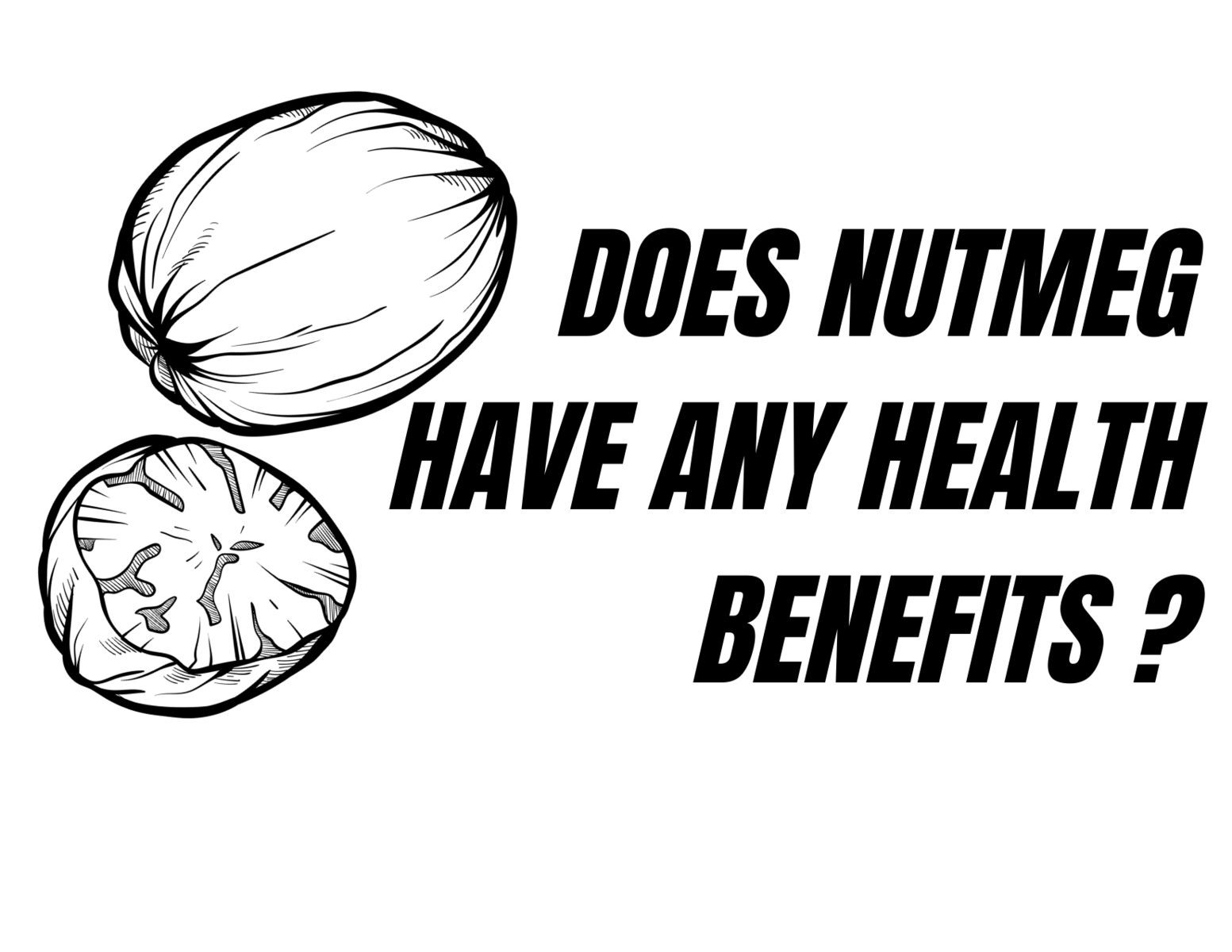Have you ever wondered if something as simple as salt could influence your testosterone levels? Salt, a staple in our diets, is often linked to various health concerns, from high blood pressure to kidney issues. However, its potential impact on testosterone—a hormone crucial for muscle growth, energy levels, and overall vitality—remains a topic of intrigue. While many focus on macronutrients like protein and fats for hormonal health, micronutrients and dietary components like sodium are often overlooked. This article dives deep into the relationship between salt and testosterone, separating fact from fiction and exploring how sodium might affect your hormonal balance.
Testosterone plays a pivotal role in both men and women, influencing everything from mood to physical performance. For men, it’s especially critical for maintaining muscle mass, bone density, and reproductive health. Women also rely on testosterone, albeit in smaller amounts, for energy and libido. With so much at stake, it’s no surprise that people are eager to optimize their testosterone levels through diet and lifestyle changes. Salt, being a ubiquitous part of our meals, naturally raises questions: Could it be a hidden ally or a silent disruptor in hormonal health? Understanding the science behind sodium and testosterone can help you make informed dietary choices.
Before we delve into the nitty-gritty, it’s important to note that the relationship between salt and testosterone isn’t as straightforward as it might seem. Sodium is an essential electrolyte that supports nerve function, muscle contractions, and fluid balance. However, excessive or insufficient intake can lead to health complications. This article will explore whether salt can genuinely boost testosterone levels, examine the mechanisms at play, and provide actionable insights for maintaining hormonal balance. By the end, you’ll have a clear understanding of how salt fits into the broader picture of your health and well-being.
Read also:Hina Khan Ullu Web Series A Deep Dive Into Her Bold Journey
Table of Contents
- Does Salt Increase Testosterone?
- What Role Does Sodium Play in Hormonal Health?
- How Does Excessive Salt Affect Your Body?
- Can a Low-Sodium Diet Impact Testosterone Levels?
- What Are the Best Sources of Sodium for Hormonal Balance?
- Does Salt Increase Testosterone in Athletes?
- How Can You Balance Sodium Intake for Optimal Health?
- Frequently Asked Questions About Salt and Testosterone
Does Salt Increase Testosterone?
The question of whether salt can increase testosterone levels has intrigued researchers and health enthusiasts alike. Sodium, the primary component of salt, is essential for numerous physiological processes, including nerve transmission, muscle function, and fluid balance. While sodium doesn’t directly stimulate testosterone production, its role in maintaining overall health can indirectly influence hormonal balance.
One of the key mechanisms by which sodium might affect testosterone is through its impact on hydration. Proper hydration is critical for optimal testosterone production. Dehydration can lead to a temporary decrease in testosterone levels, as the body prioritizes survival over hormone synthesis. Sodium helps regulate fluid balance, ensuring that your cells remain hydrated and functioning efficiently. This, in turn, supports the endocrine system, which is responsible for producing testosterone.
However, moderation is key. Excessive sodium intake can lead to water retention and high blood pressure, both of which may negatively impact testosterone levels. On the other hand, a sodium deficiency can cause dehydration and electrolyte imbalances, potentially impairing hormone production. Striking the right balance is crucial for maintaining hormonal health. While salt itself may not be a magic bullet for boosting testosterone, it plays a supporting role in creating an environment conducive to optimal hormone function.
What Role Does Sodium Play in Hormonal Health?
Sodium is far more than just a seasoning; it’s an essential mineral that plays a critical role in maintaining hormonal health. To understand its impact, we must first examine how sodium interacts with the body’s systems. Sodium is a key electrolyte that helps regulate blood pressure, nerve function, and muscle contractions. These processes are interconnected with the endocrine system, which produces hormones like testosterone.
How Does Sodium Influence Hormonal Balance?
Sodium’s influence on hormonal balance begins with its role in maintaining proper fluid levels in the body. Hormones like testosterone are synthesized in the testes (in men) and ovaries (in women), and these organs require adequate hydration to function optimally. Sodium helps retain water in the body, ensuring that cells remain hydrated and capable of producing hormones efficiently.
Additionally, sodium is involved in the regulation of aldosterone, a hormone produced by the adrenal glands. Aldosterone controls blood pressure and electrolyte balance by managing sodium levels. When sodium intake is too low, aldosterone levels may rise, potentially disrupting other hormonal pathways. This disruption can indirectly affect testosterone production, as the endocrine system operates as an interconnected web.
Read also:Unveiling The Truth Behind Controversial Indian Web Series Are They Worth The Hype
Can Sodium Deficiency Lead to Hormonal Imbalances?
A sodium deficiency, also known as hyponatremia, can wreak havoc on the body’s hormonal systems. Symptoms of hyponatremia include fatigue, confusion, and muscle cramps, all of which can be linked to hormonal imbalances. For example, low sodium levels can impair adrenal function, leading to reduced production of androgens like testosterone.
Moreover, sodium deficiency often results in dehydration, which can further exacerbate hormonal issues. Dehydration forces the body to prioritize vital functions like circulation and temperature regulation over hormone synthesis. This can lead to a temporary decline in testosterone levels, highlighting the importance of maintaining adequate sodium intake for hormonal health.
How Does Excessive Salt Affect Your Body?
While sodium is essential for health, excessive salt consumption can have detrimental effects on the body. High sodium intake is often associated with health issues like hypertension, kidney disease, and cardiovascular problems. But how does excessive salt specifically impact testosterone levels and overall hormonal health?
Does High Sodium Intake Lower Testosterone Levels?
Research suggests that excessive sodium intake can indirectly lower testosterone levels by increasing blood pressure and causing oxidative stress. High blood pressure can impair blood flow to the testes, reducing their ability to produce testosterone. Additionally, oxidative stress can damage cells, including those involved in hormone production, further compromising testosterone synthesis.
Furthermore, a diet high in processed foods—often laden with sodium—can lead to nutrient deficiencies. These deficiencies may include zinc and magnesium, two minerals crucial for testosterone production. By prioritizing whole, nutrient-dense foods over salty processed options, you can support both your overall health and hormonal balance.
What Are the Long-Term Effects of a High-Sodium Diet?
Over time, a high-sodium diet can lead to chronic health conditions that negatively impact testosterone levels. For instance, hypertension and cardiovascular disease can impair circulation, reducing the delivery of oxygen and nutrients to hormone-producing organs. Kidney damage, another potential consequence of excessive salt intake, can disrupt electrolyte balance and further hinder hormonal health.
Can a Low-Sodium Diet Impact Testosterone Levels?
Just as excessive sodium can harm hormonal health, a low-sodium diet may also have unintended consequences. Sodium is essential for maintaining fluid balance and supporting nerve and muscle function. When sodium levels drop too low, the body may struggle to maintain homeostasis, potentially affecting testosterone production.
Studies have shown that severe sodium restriction can lead to increased cortisol levels, a hormone that can suppress testosterone production. Elevated cortisol is often associated with stress, which can further disrupt hormonal balance. Therefore, while reducing sodium intake may be beneficial for some individuals, it’s important to avoid extreme restrictions that could negatively impact testosterone levels.
What Are the Best Sources of Sodium for Hormonal Balance?
Not all sodium sources are created equal. Processed foods often contain high levels of sodium alongside unhealthy additives, making them less than ideal for hormonal health. Instead, focus on natural sources of sodium that provide additional nutrients to support testosterone production.
Should You Choose Sea Salt Over Table Salt?
Sea salt is often touted as a healthier alternative to table salt due to its mineral content. While both contain sodium chloride, sea salt may include trace minerals like magnesium and potassium, which are beneficial for hormonal health. However, the difference in sodium content is negligible, so moderation remains key regardless of the type of salt you choose.
What Foods Naturally Contain Sodium?
Incorporating sodium-rich whole foods into your diet can help maintain hormonal balance without the drawbacks of processed options. Examples include:
- Beets
- Celery
- Spinach
- Seaweed
- Coconut water
These foods not only provide sodium but also deliver essential vitamins and minerals that support overall health.
Does Salt Increase Testosterone in Athletes?
Athletes often pay close attention to their sodium intake, as it plays a critical role in performance and recovery. Sodium helps replenish electrolytes lost through sweat, supporting hydration and muscle function. But does this mean salt can boost testosterone levels in athletes?
While sodium itself may not directly increase testosterone, its role in maintaining hydration and reducing fatigue can indirectly support hormonal health. Dehydration and overtraining are known to lower testosterone levels, so ensuring adequate sodium intake can help athletes maintain optimal performance and hormonal balance.
How Can You Balance Sodium Intake for Optimal Health?
Balancing sodium intake is essential for maintaining both general health and hormonal balance. The American Heart Association recommends consuming no more than 2,300 milligrams of sodium per day, with an ideal limit of 1,500 milligrams for most adults. However, individual needs may vary based on factors like activity level and health conditions.
What Are Some Tips for Reducing Sodium Without Sacrificing Flavor?
Reducing sodium doesn’t mean sacrificing taste. Here are some tips:
- Use herbs and spices like garlic, turmeric, and basil to enhance flavor.
- Opt for fresh or frozen vegetables instead of canned options.
- Choose low-sodium versions of sauces and condiments.
How Can You Monitor Your Sodium Intake?
Tracking your sodium intake can help you stay within healthy limits. Use food tracking apps to monitor your daily consumption and identify high-sodium culprits in your diet. Reading nutrition labels is also a simple yet effective way to make informed choices.
Frequently Asked Questions About Salt and Testosterone
Does Salt Increase Testosterone Levels Directly?
No, salt does not directly increase testosterone levels. However, it supports hydration and electrolyte balance, which are important for optimal hormone production.
Can Reducing Salt Improve Hormonal Health?
Reducing excessive salt intake can improve overall health, which may indirectly support hormonal balance. However, extreme sodium restriction should be avoided.
What Are the Best Ways to Maintain Sodium Balance?
Focus on whole, nutrient-dense foods, use herbs and spices for flavor, and monitor your intake to ensure you’re meeting your body’s needs without overdoing it.
In conclusion, while salt itself may not be a direct testosterone booster, its role in maintaining hydration and electrolyte balance is undeniable. By understanding the science behind sodium and testosterone, you can make informed dietary choices that support both your hormonal health and overall well-being. For further reading, check out this study on sodium and hormonal health.

